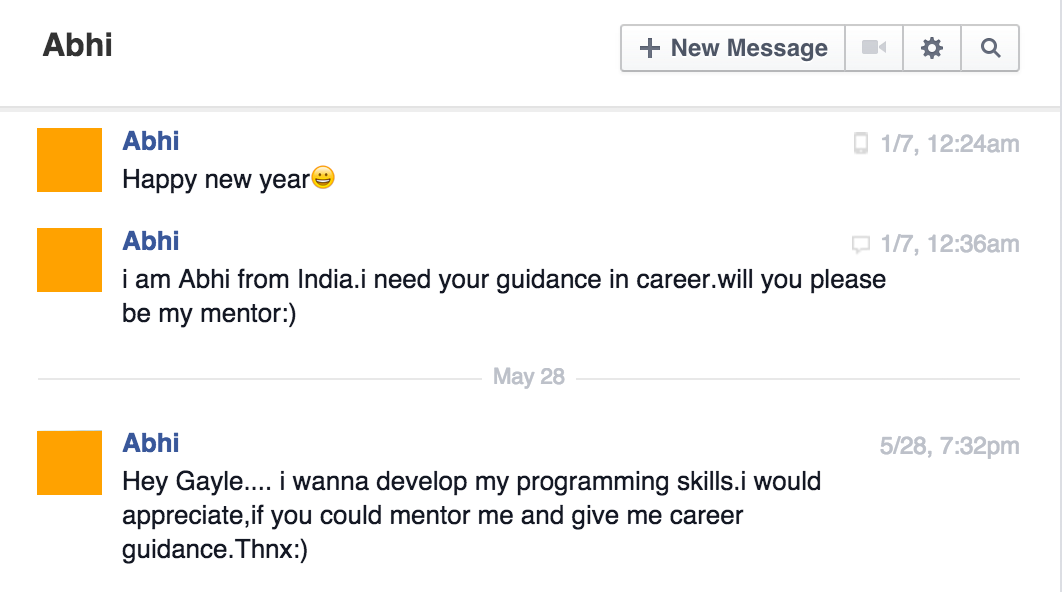No one knows everything. Some may seem to have a substantial bank of know-how to draw from, but even the brightest and most decorated among us barely make an indentation on the canvas of human knowledge.
One method to differentiate the legitimate from the pretenders is to keep an ear out for how many times you hear someone simply admit “I don’t know” when asked a question they may not have an answer to.
It’s much simpler to “fake it”, or to offer a casual answer in the hope of appearing like you know what you’re talking about. You may even pull this off, particularly with the uninformed, who aren’t known to cause a fuss, nor challenge us to prove our legitimacy.
However, this ploy will fail miserably with those that, in fact, do have an understanding, or are even casually rehearsed in human psychology, body language, and how to spot a fraud when they see one.
In business, you’ll be earmarked as someone who cannot be taken seriously, nor trusted.
In social circles, you’ll quickly find yourself becoming isolated, with your presence merely tolerated instead of welcomely invited.
It takes no courage to feign understanding, but immense courage to admit to a lack of it.
The late Fred Hargadon, former Dean of Admissions at Princeton states the following:
I think it’s the rare student in our schools who isn’t worried about impressing and who has a very good perspective on life and is comfortable admitting what it is they don’t know. – Getting In (1997)
By admitting to a lack of understanding, you’re already a better person than the majority, whose pride clouds them from ever furthering their rudimentary knowledge in an area.
But what happens when you admit to shortcoming(s) in knowledge?
I’ll tell you.
A desire to learn overcomes you, and you begin to seek more information either online, through books, or in person.
And there’s no better way to target your learning in person than by finding a mentor.
The Power of Mentoring
Aligning yourself with a mentor more knowledgeable than you in an area of interest is the best thing you can do for yourself. Not only have they been where you have, experienced things you haven’t and made mistakes you’re likely to make, they’ll be able to aid you through guidance and supervision.
At a high level, here are some of the benefits from finding an appropriate mentor:
- A relationship (formal, or casual) with someone who is well-connected in their industry.
- Ability to learn from their past mistakes.
- Develop new ways of thinking and approaching problems.
- Extra insight into important decisions you need to make.
However, suitable mentors for you do not exist in abundance.
Finding the right mentor requires time, thought and observation.
How to Find a Mentor
With over 400k matches on Google for the phrase “how to find a mentor”, there’s enough information online for you to theoretically put it into action, approach anyone, and have them on their knees begging you for the opportunity to mentor you.
Hah, not really.
In the real world, paralysis analysis kicks in. The myriad of available strategies, approaches and points of action quickly becomes suffocating, and you predictably do as you’ve always done – nothing.
An ideal approach is to understand exactly what you want in one area and use that as a starting point. For example:
- Have a specific business problem you’re looking to solve? Find someone who has solved it.
- Want to lose weight and live a healthier lifestyle? Find someone who is doing it.
- Want to learn a new skill? Find someone who is competent and practices it.
- Looking to make some new investments? Find someone who has strong knowledge of the market you’re considering.
The first step is to understand that a “perfect” mentor is like a unicorn. They don’t exist. The chances of a single person being able to help you in all areas of your life is extremely low.
And from the examples above, it’s very likely that you may interact with four different people.
In an article titled This Is Why You Don’t Have A Mentor, author Ryan Holiday outlines three key points which tend to be overlooked by many when finding a potential mentor.
Mentorship is something you do, not something you get.
Gayle Laakmann McDowell uses an example of forming friendships. For those you consider your friends (close or otherwise), how many of those people did you explicitly ask to be your friend out of the blue? Unless you’re an outgoing five-year old, the answer is probably none.
You don’t ask people to be your friend because it comes across as desperate, artificial, and is simply unheard of – especially if you barely know them.
The same logic holds true for mentoring.
Simply having a desire to be mentored doesn’t entitle you to others’ time.
In fact, in most cases, the mentor owes you nothing.

How not to approach a potential mentor
Looking at the above messages, you can see that our friend Abhi is asking Gayle to be his mentor. Now let’s put ourselves in the position of Gayle for a moment.
What does she have to gain by giving “guidance in career” to a random guy in India?
Nothing.
He hasn’t taken the time to form a friendship with her, nor taken any interest in her as a person.
This means that Abhi is likely to be all take and no give. Assuming Gayle is a busy person, she has absolutely nothing to gain from helping this stranger. Some may view this perspective as being “selfish”, but, if you’re someone who truly values time, our most precious commodity, you’ll quickly see things differently.
Give as much as you get.
In the example above, Abhi is offering nothing to Gayle.
No one would make a monetary investment which yielded zero returns, so why would you even consider doing it with your time?
Make it worthwhile for your potential mentor by providing value. This could come in many different forms and depends on what they like. Do your research and use your imagination.
For example:
- Assist them with addressing a challenging problem they’re working on, or even solve it yourself.
- Expand their network by introducing them to others.
- Find out how to save them time or money.
- Suggest appropriate books or articles they should check out.
A quick digression: The concept of doing your best to solve someone else’s problem as a form of “proving yourself” also extends to job applications.
Francine Lee demonstrates the power of this approach in her impressively comprehensive post A Guerilla Usability Test on Dropbox Photos. In short, she was able to identify pain points and improvement suggestions for Dropbox’s “Photos” interface while she was applying for a UX/Design job there. Unsurprisingly, she got the job. A recommended read.
By giving and providing value when it’s needed, your mentor will be more likely to reciprocate through productive and more genuine discussions.
Keep your problems at home.
This one is obvious – keep your personal problems far away from your mentor. A mentor is there to assist you with very specific questions or scenarios you may have, not to give advice on how to decipher cryptic text messages from your estranged partner.
Not adhering to this point will be a waste of time for the both of you.
You should do some basic preparation before a mentoring session. Write down some questions, discussion points or ideas. This will make sure you keep the conversation on track and make the most of your time.
So, you now have a mentor. What next?
Like with any worthwhile relationship, you must continue to foster it. The onus rests solely on you to make sure your ongoing discussions prove to be mutually beneficial for you and your mentor. Don’t expect them to go out of their way to set up times, nor chase you up for confirmations. Those who are juggling many commitments don’t have time to babysit the unorganized, especially in a formal environment.
Assume your mentor is no different.
Make it easy for them by setting up meetings, handling any reschedules that need to happen, and suggesting a location.
If you shirk responsibility with any of the above points after finding a mentor, you don’t deserve to regularly occupy the time of a high value person.
Brutal truth.
Now, go and sharpen your skills through finding a suitable mentoring relationship – it could be the best decision you ever make.

